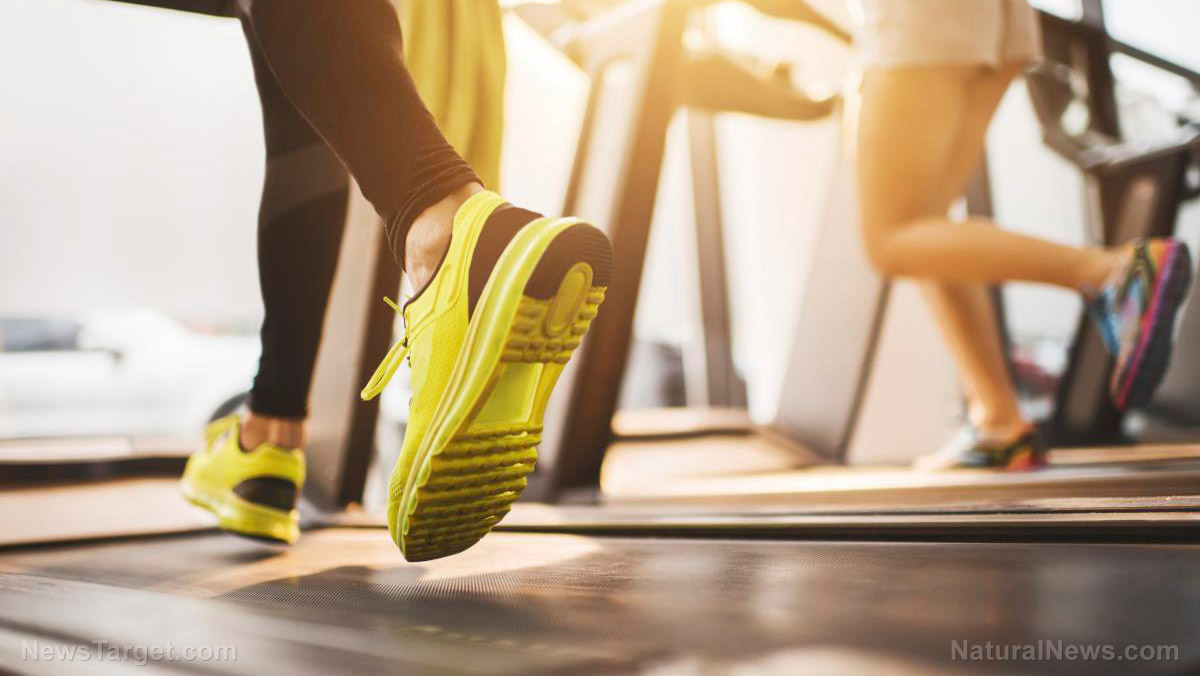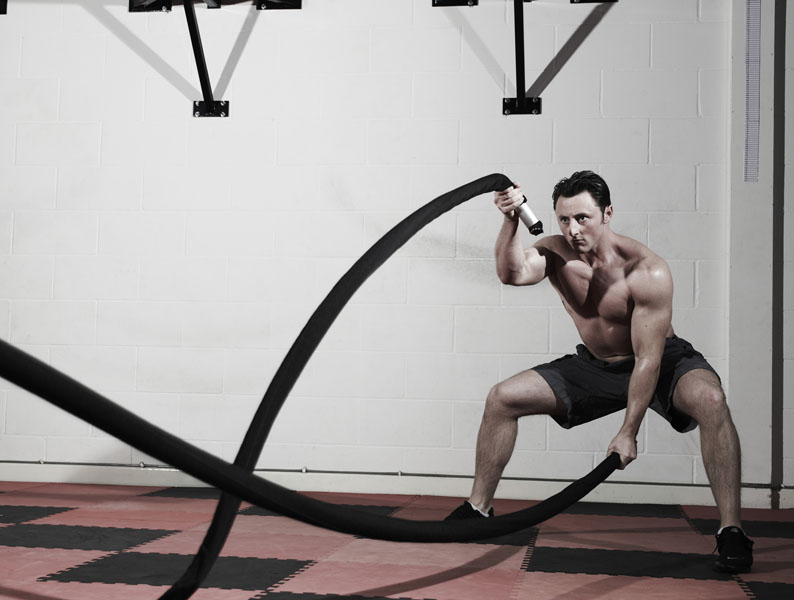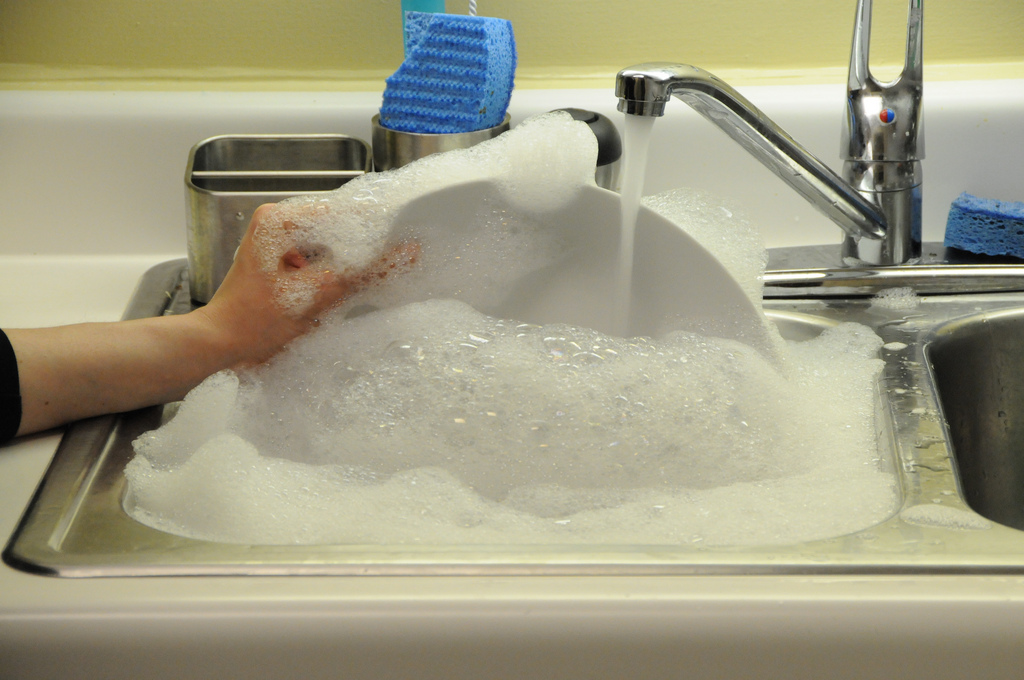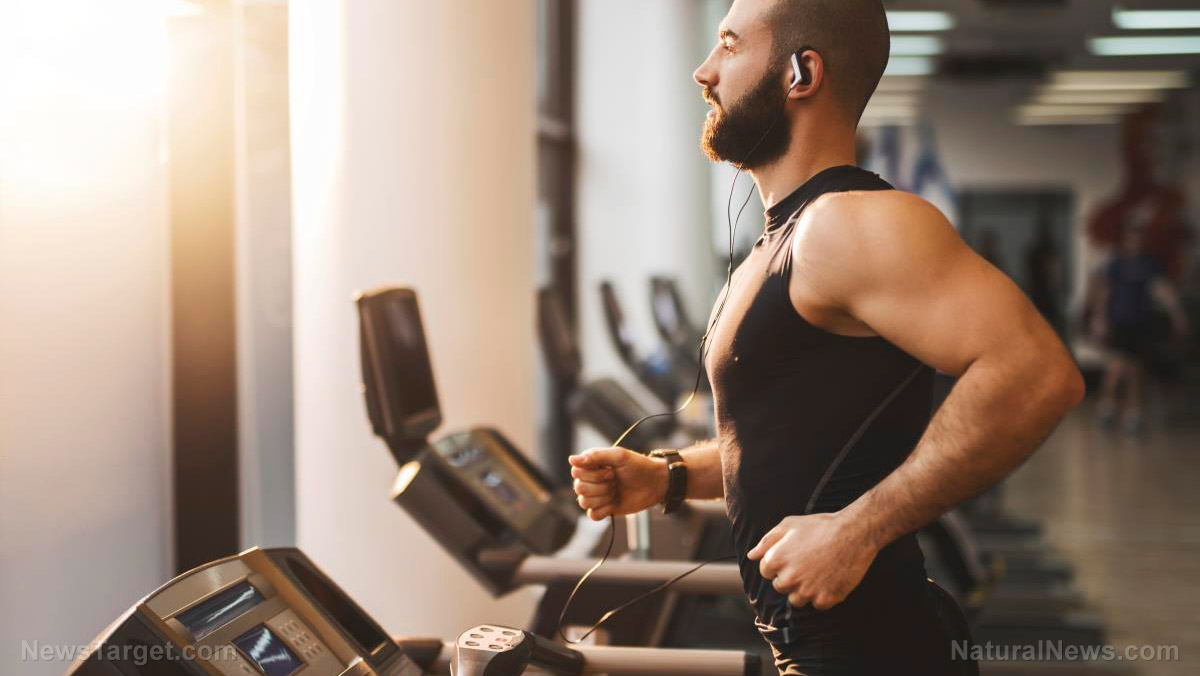Quercetin is a must-have before and after workouts: It protects red blood cells from damage
03/09/2019 / By Jose Lopez
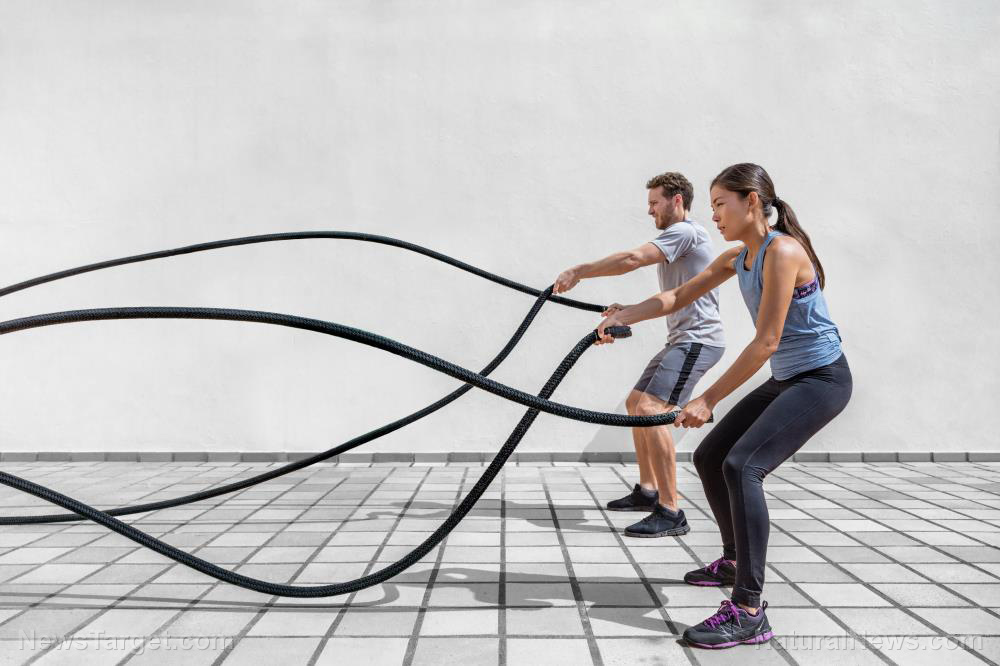
Exercise, especially when done regularly, is beneficial for both the body and the brain. However, there are cases where strenuous physical exercise can produce excessive reactive oxygen, otherwise known as oxidants. The body’s antioxidant defenses may be overwhelmed in this instance.
Fortunately, researchers from the Foro Italico University of Rome found evidence that the regular consumption of flavonoids, particularly quercetin, before and after workouts can prevent damage to red blood cells, or erythrocytes, caused by oxidants.
Flavonoids are natural chemical compounds found in vegetables and fruits that prevent outside organisms from causing disease in plants. Quercetin is one of the more common flavonoids: Capers, dill, cilantro, and red onions typically have high quercetin content. It can also be found in honey drawn from several kinds of plants.
Quercetin is known to have antioxidant, anti-inflammatory, and anticancer properties because it modulates the signaling pathways and gene expression involved in animal and human cells. However, little is known about its effect on the reduction-oxidation (redox) reactions within humans, particularly in combination with strenuous exercise. Redox reactions are chemical reactions in which atoms gain electrons (reduction), or atoms lose electrons (oxidation). Ideally, an electron detaches from a molecule and almost simultaneously re-attaches to another molecule. However, this isn’t always the case.
When an atom with an extra electron isn’t able to reattach itself immediately, it becomes a free radical. Free radicals can be harmful to the human body if they do not reattach to a reducing molecule or antioxidant. They can damage cells, fats, proteins, and even DNA, by altering the latter’s chemical structure. This can lead to cancer, diabetes, arteriosclerosis, and other diseases.
Strenuous exercise can produce lots of free radicals since the body is taking in lots of oxygen — more than the body could absorb at the moment.
The Italian scientists looked into the effects quercetin supplements taken regularly might have on free radical levels in the body, especially after a bout of exercise. They recruited 14 healthy individuals to participate in clinical trials. Each one was given one gram of either quercetin or placebo each day for 14 days. Blood samples were taken before the participants started ingesting quercetin. Samples were also taken from the participants after they had consumed quercetin supplements for two weeks. In the end, samples were taken after the participants did a session of strenuous eccentric exercise.
Eccentric exercise focuses on muscles as they elongate, instead of as they contract. It strengthens muscles because it challenges the muscles as the elongation is slowed down.
The researchers found that quercetin significantly reduced the levels of damage to lipids, or fatty acids, within red blood cells. Lipids are damaged when free radicals “steal” electrons from the former.
They also found that the red blood cells are less susceptible to hemolysis — the rupturing of red blood cells and the release of their contents into surrounding fluid, such as blood plasma. Meanwhile, they didn’t find any difference in antioxidant enzyme activities and glutathione systems between the test and control groups. Antioxidant enzyme systems catalyze reactions to counterbalance free radicals, whereas glutathione systems protect against oxygen and nitrogen free radicals.
Finally, the researchers reported that even after a bout of strenuous eccentric exercise, the test group exhibited improved redox status in their red blood cells as shown by reduced levels of oxidative damage and by increased levels of reduced glutathione, one of the most important neutralizers of oxygen free radicals. The study also proved that taking quercetin supplements regularly protected red blood cells from damage by oxidants before and after a strenuous workout.
Sources include:
Tagged Under: antioxidants, arteriosclerosis, blood cells, cancer, capers, cilantro, Dill, eccentric exercise, erythrocytes, exercise, flavonoids, Free radicals, Glutathione, heart health, natural health, nutrients, nutrition, oxidants, prevention, quercetin, reactive oxygen, red blood cells, red onions, redox, supplements





